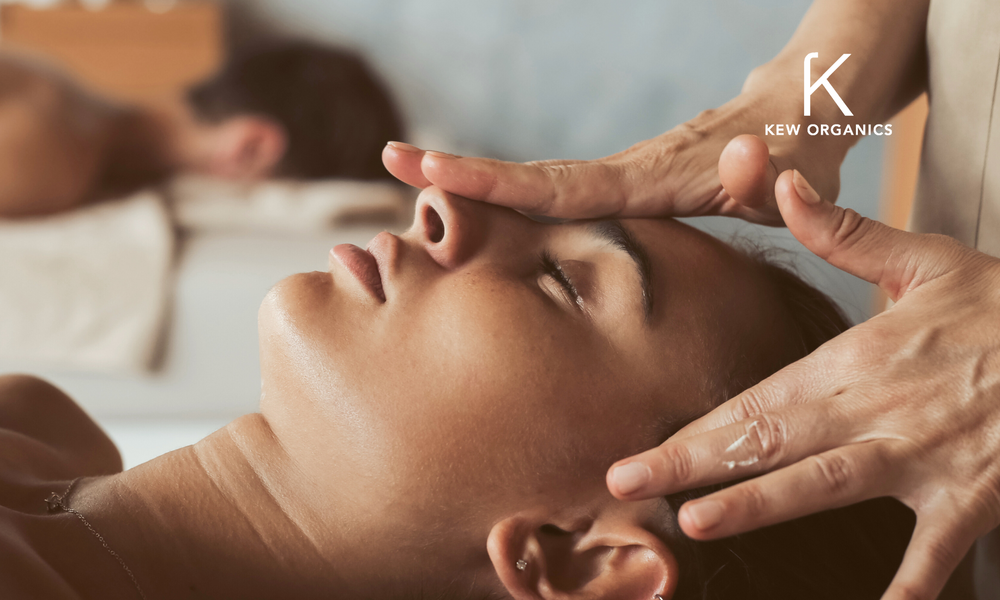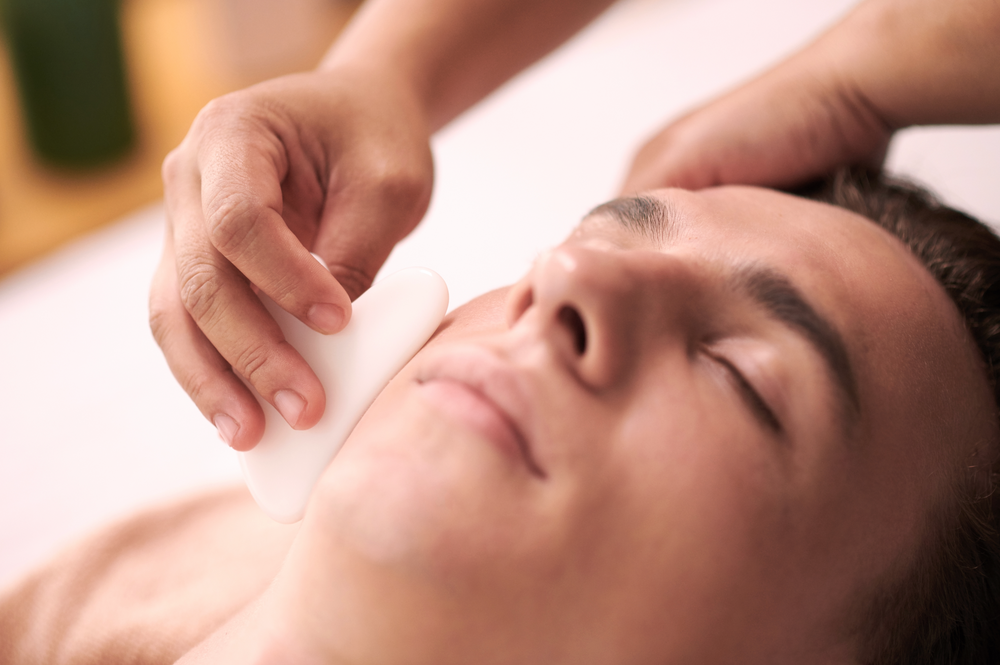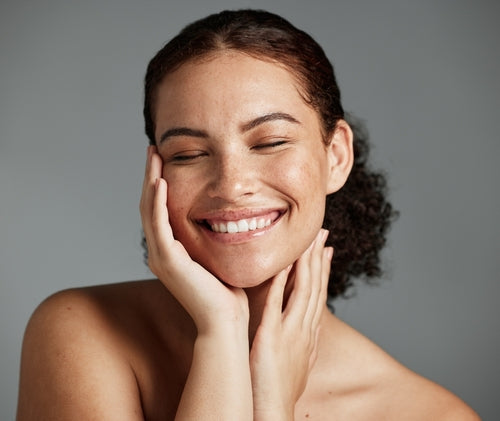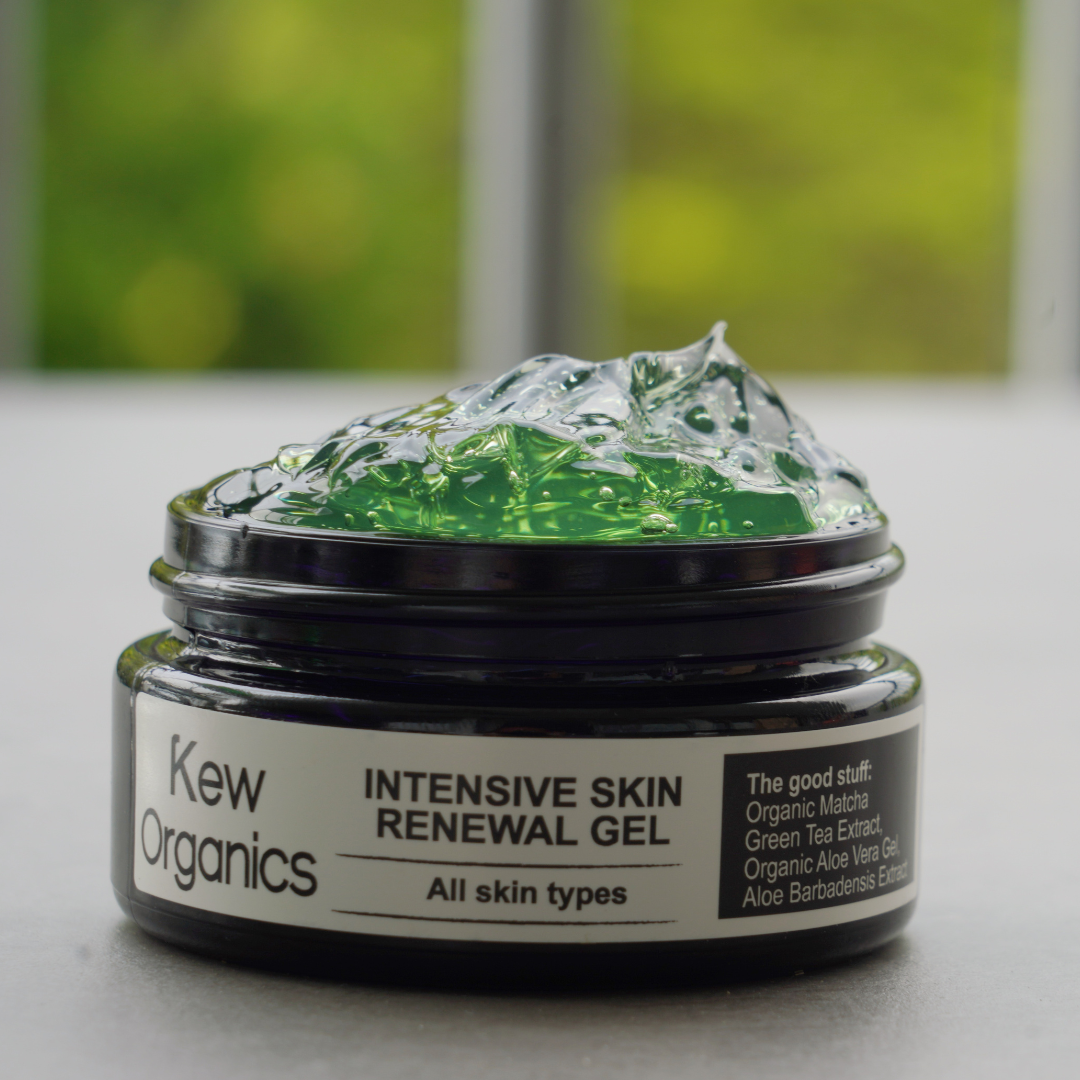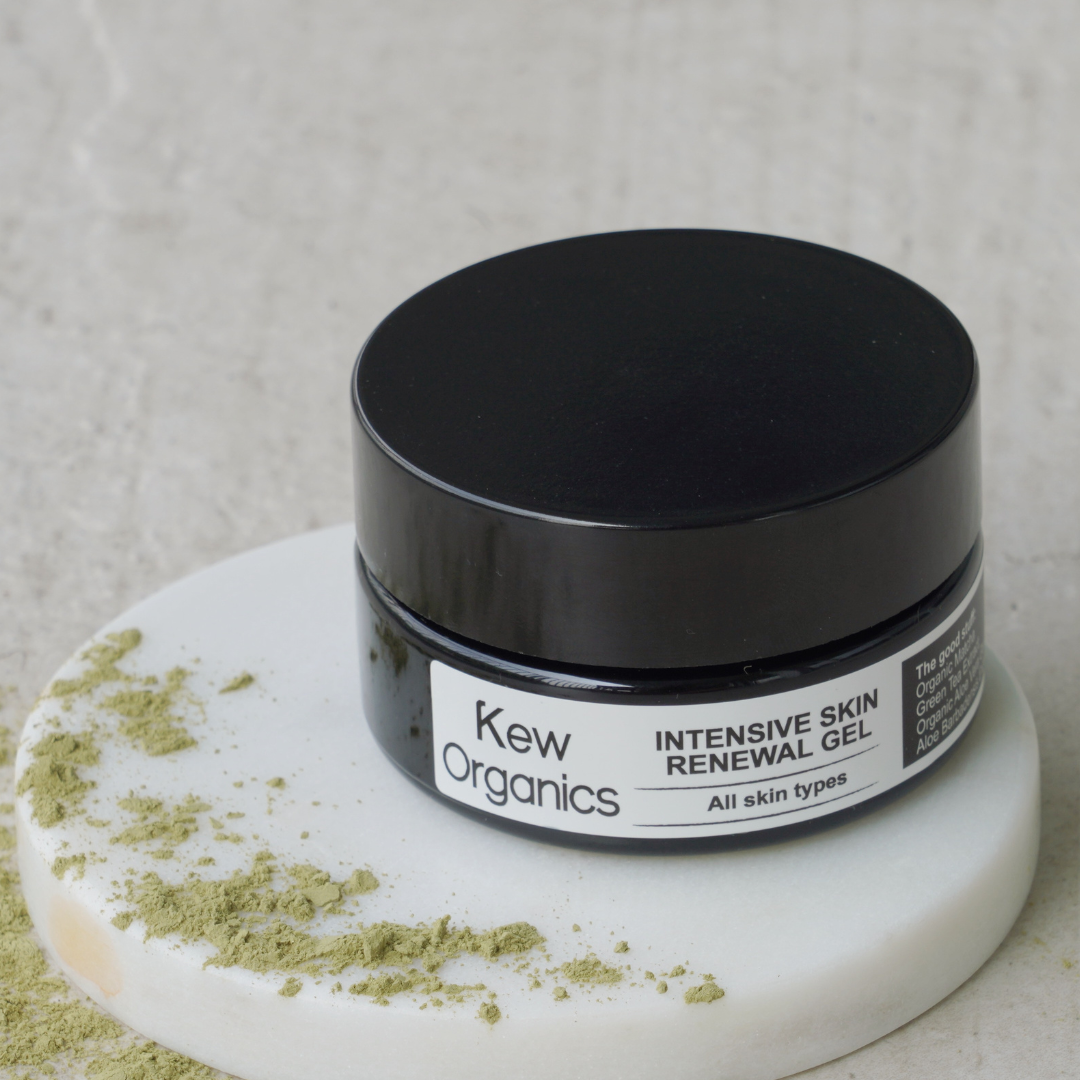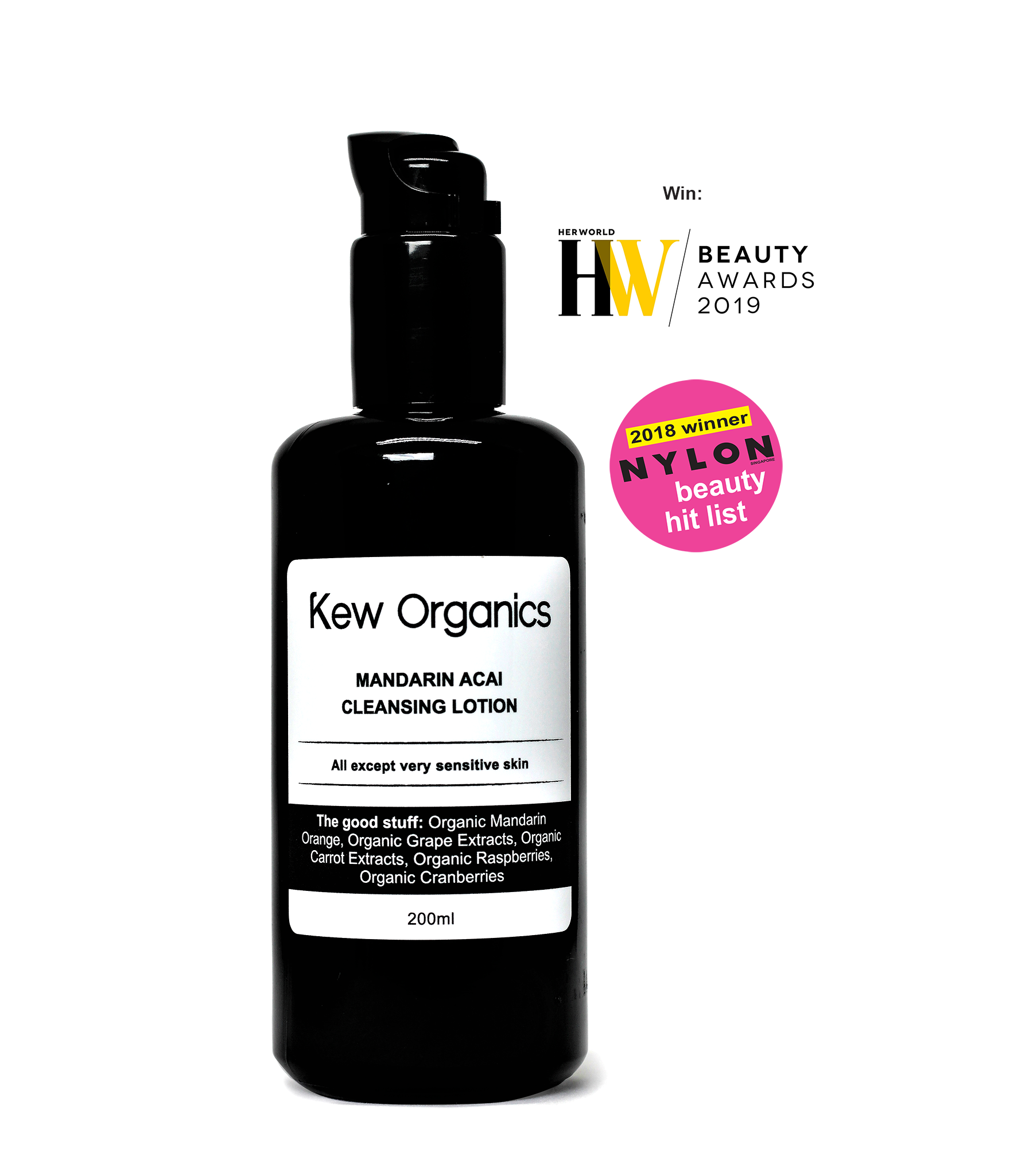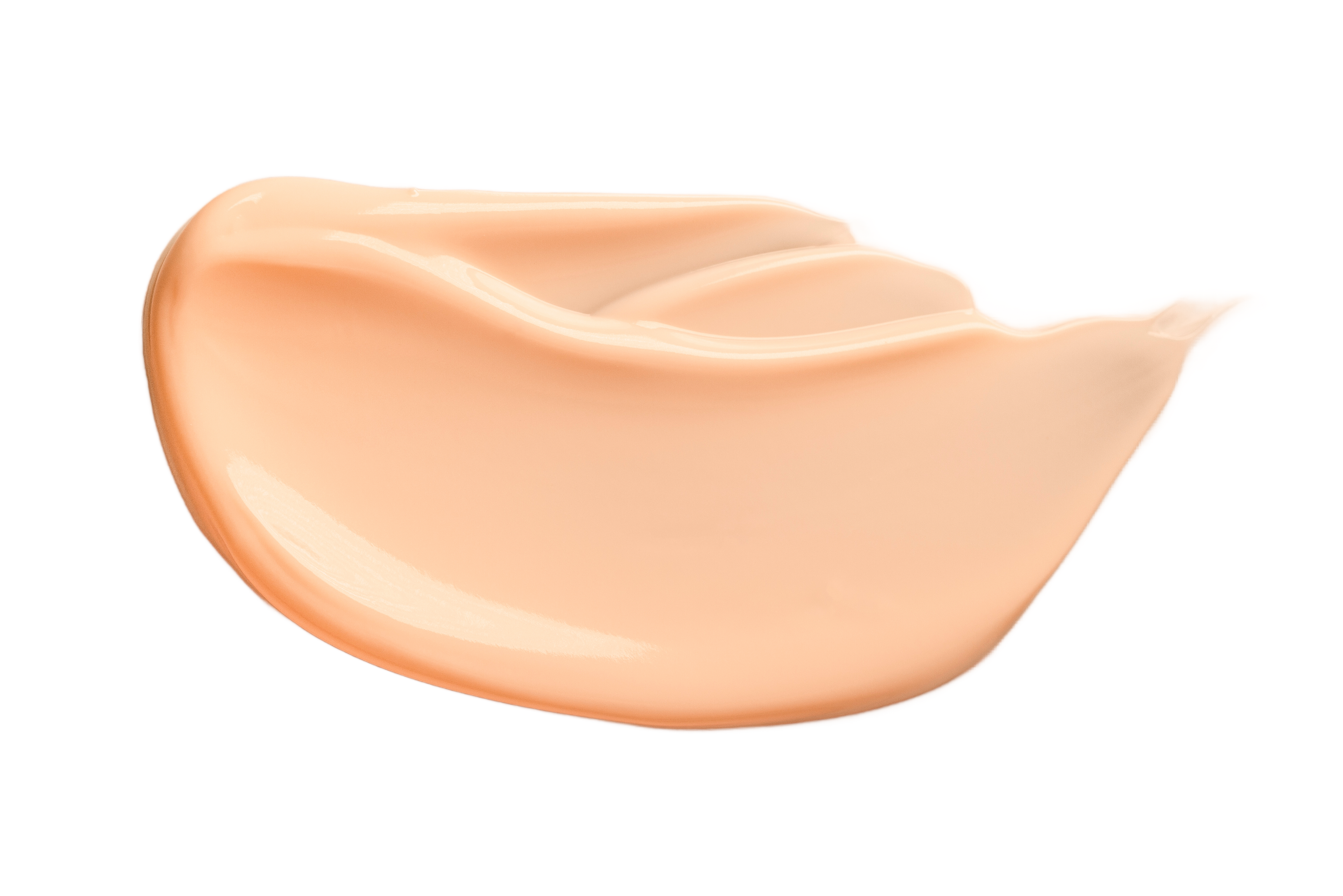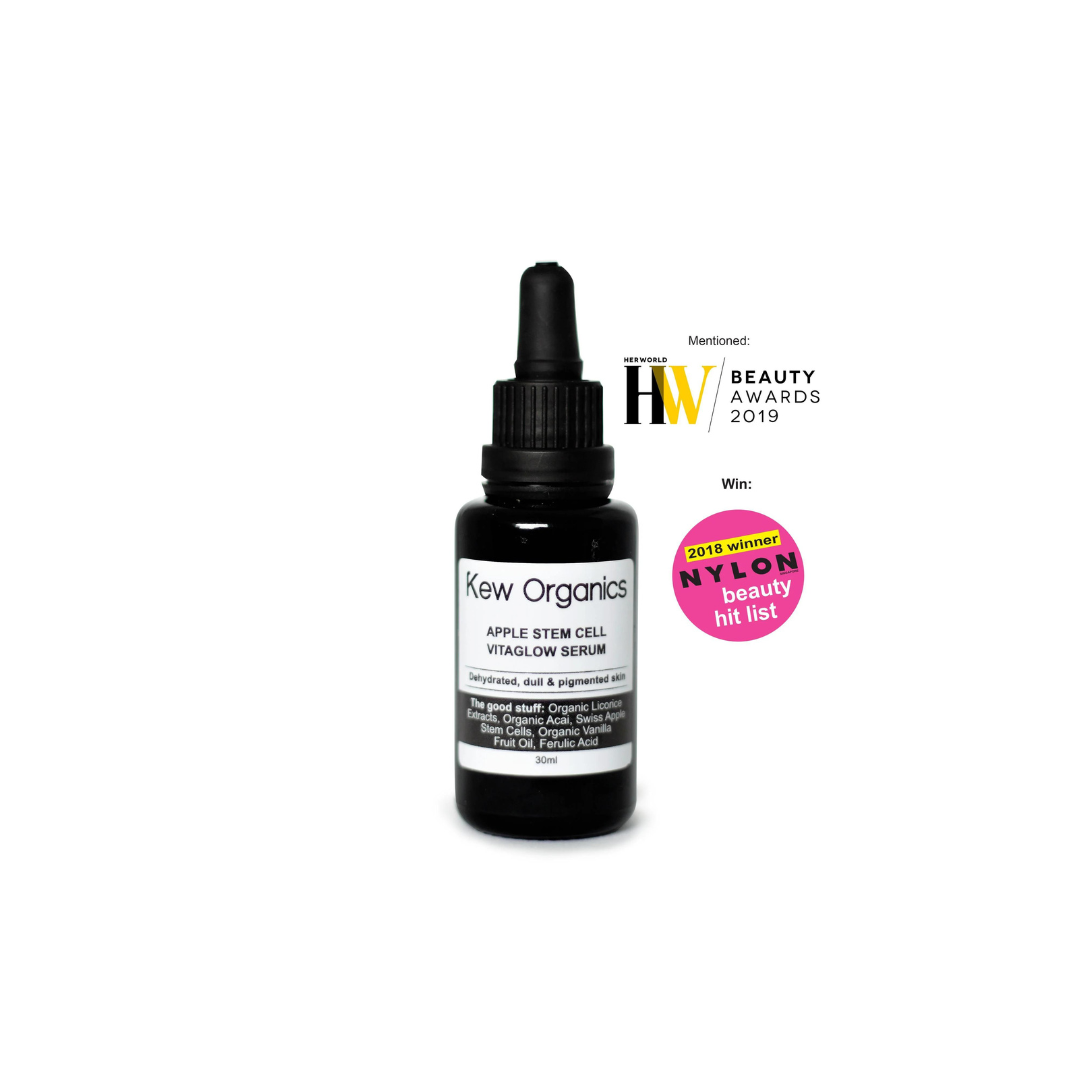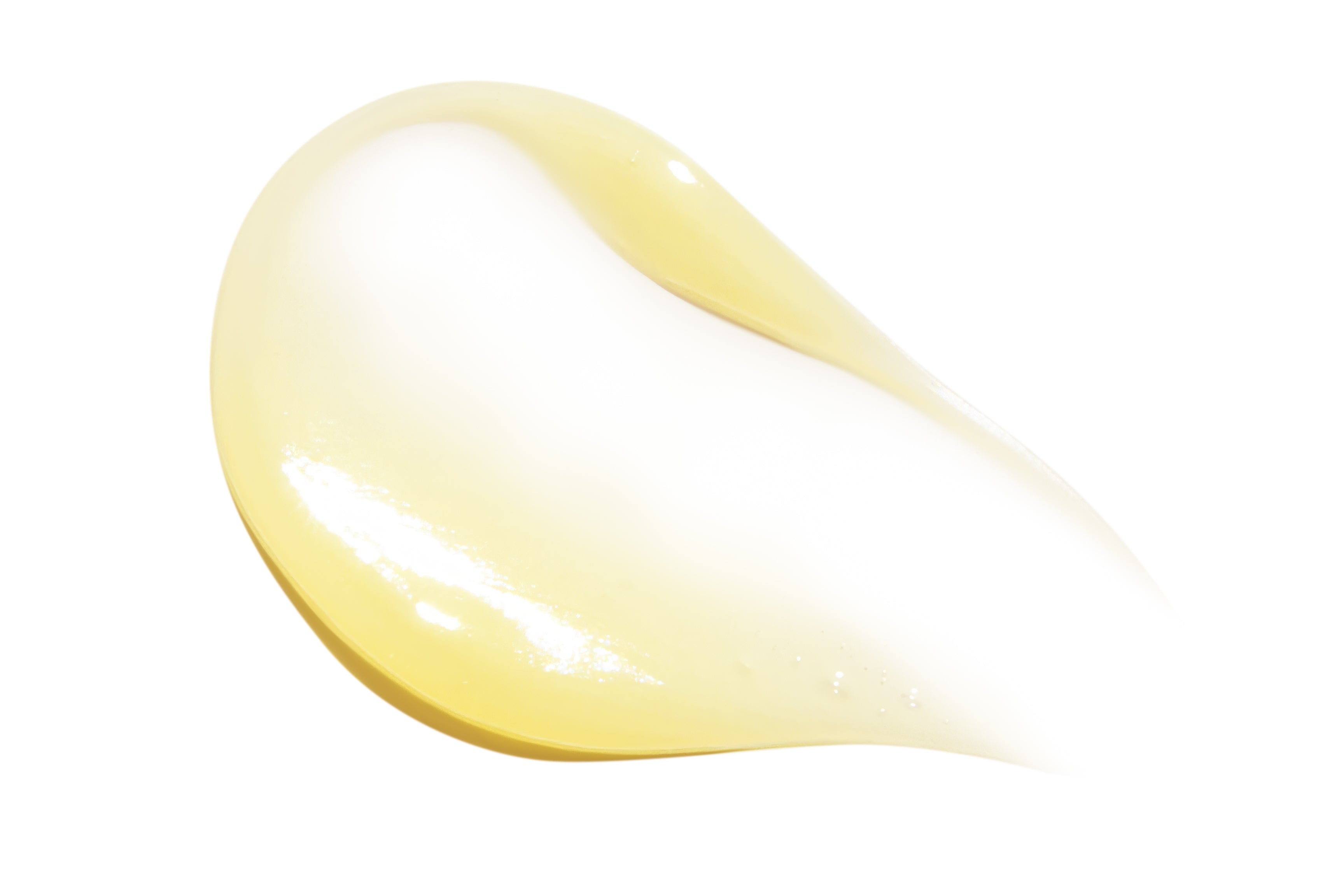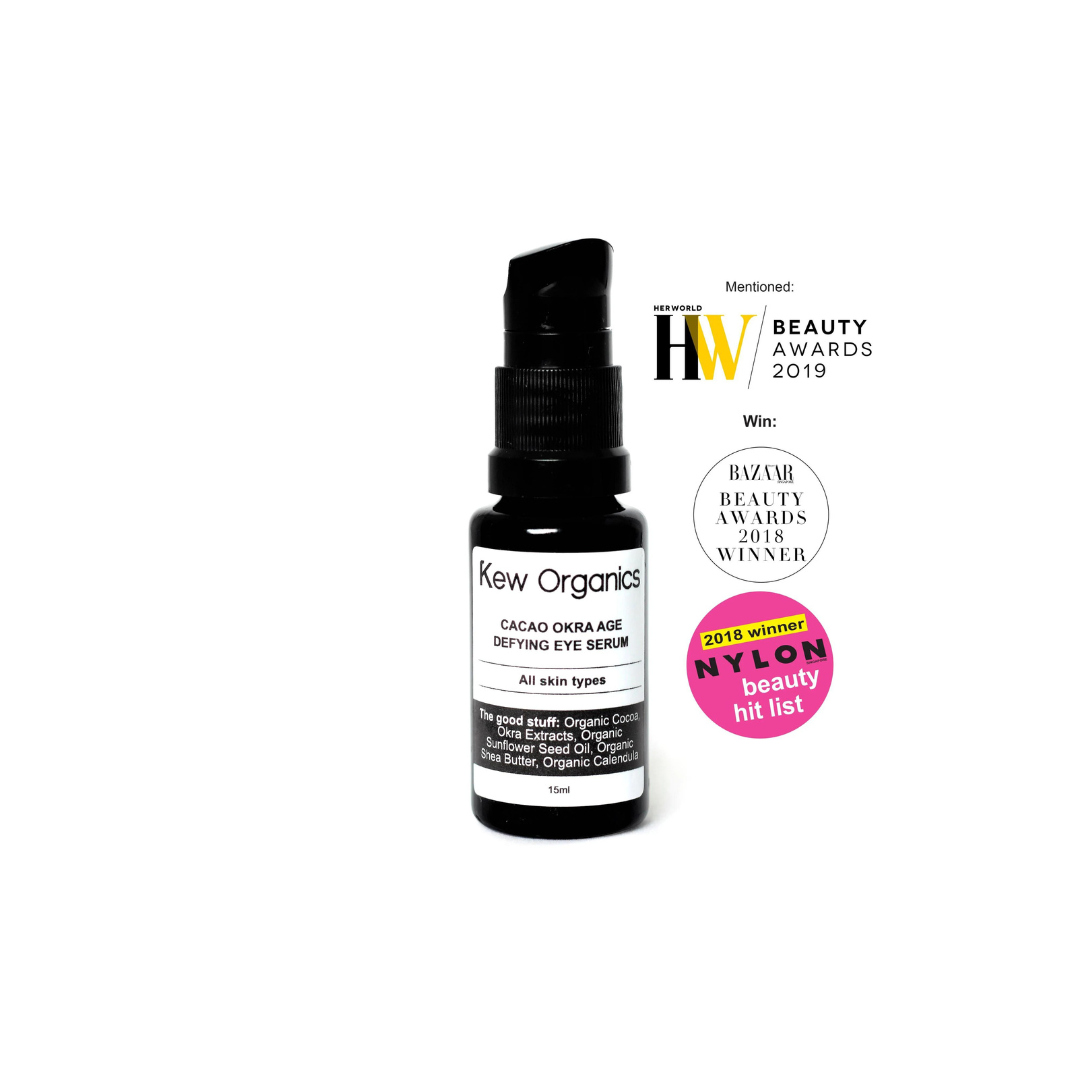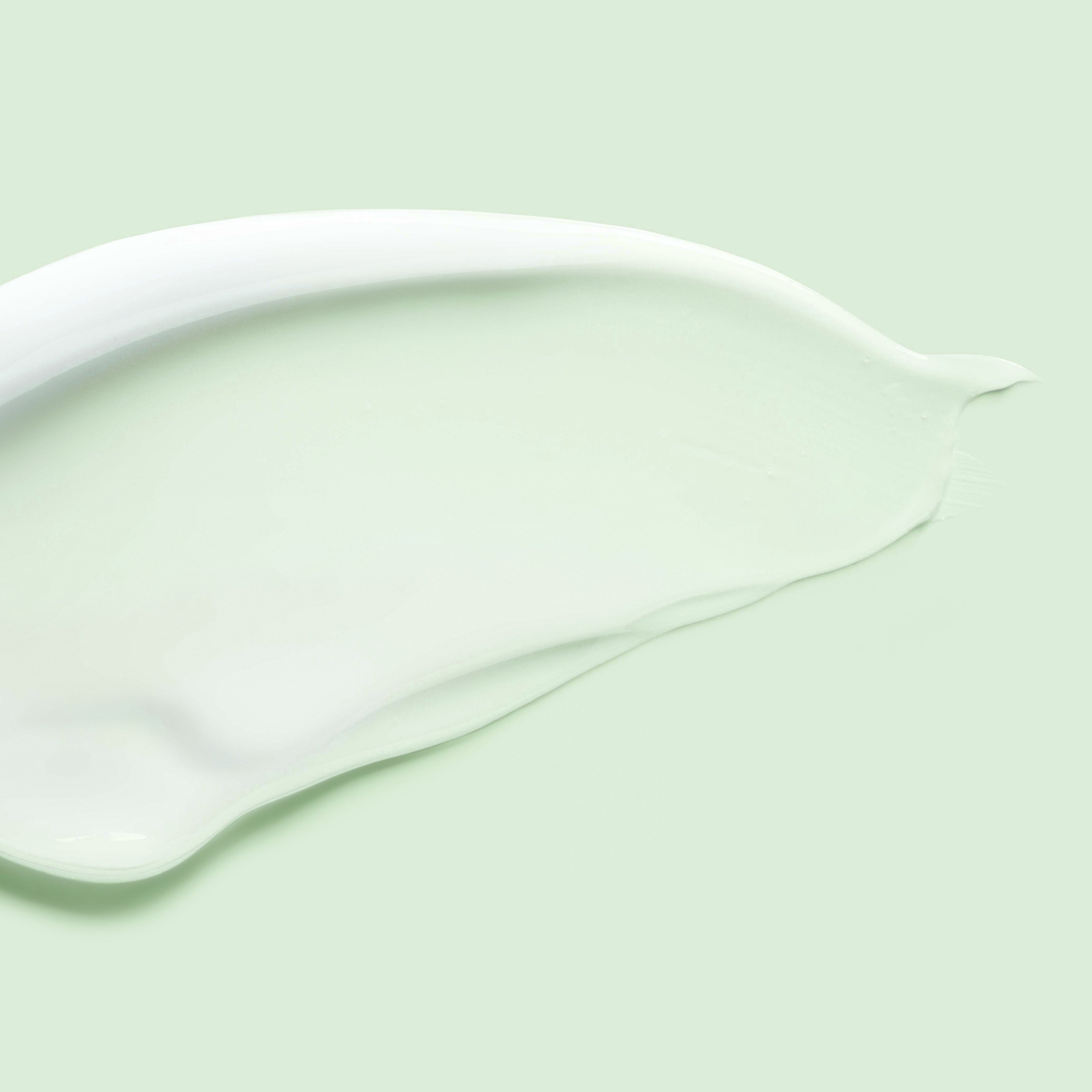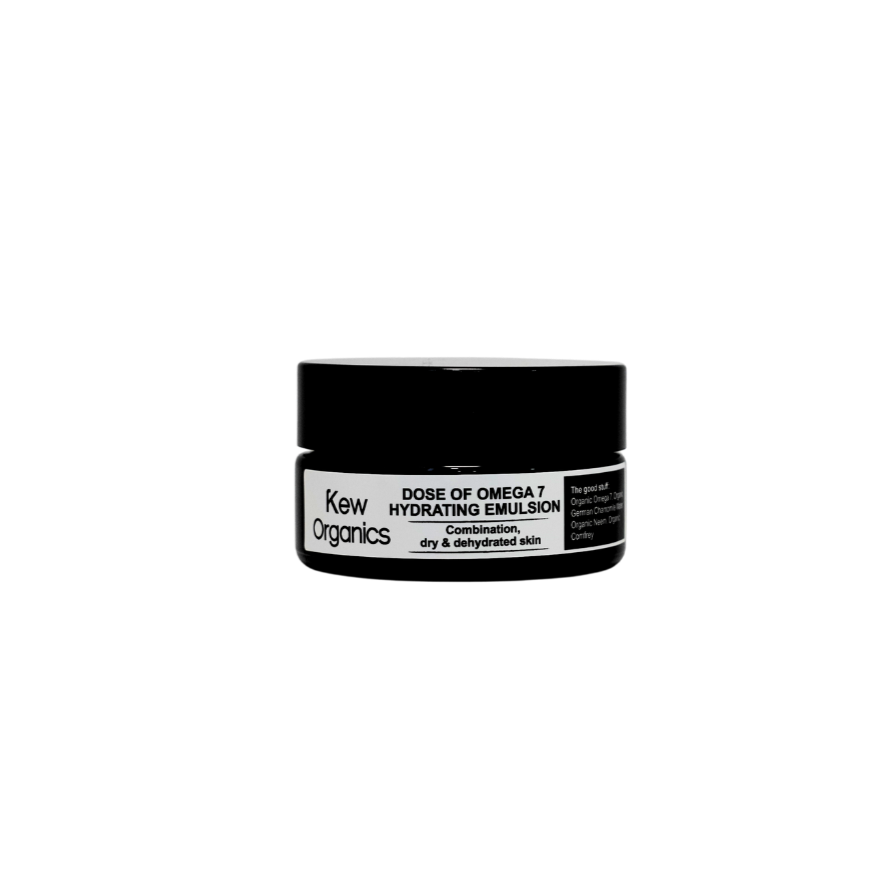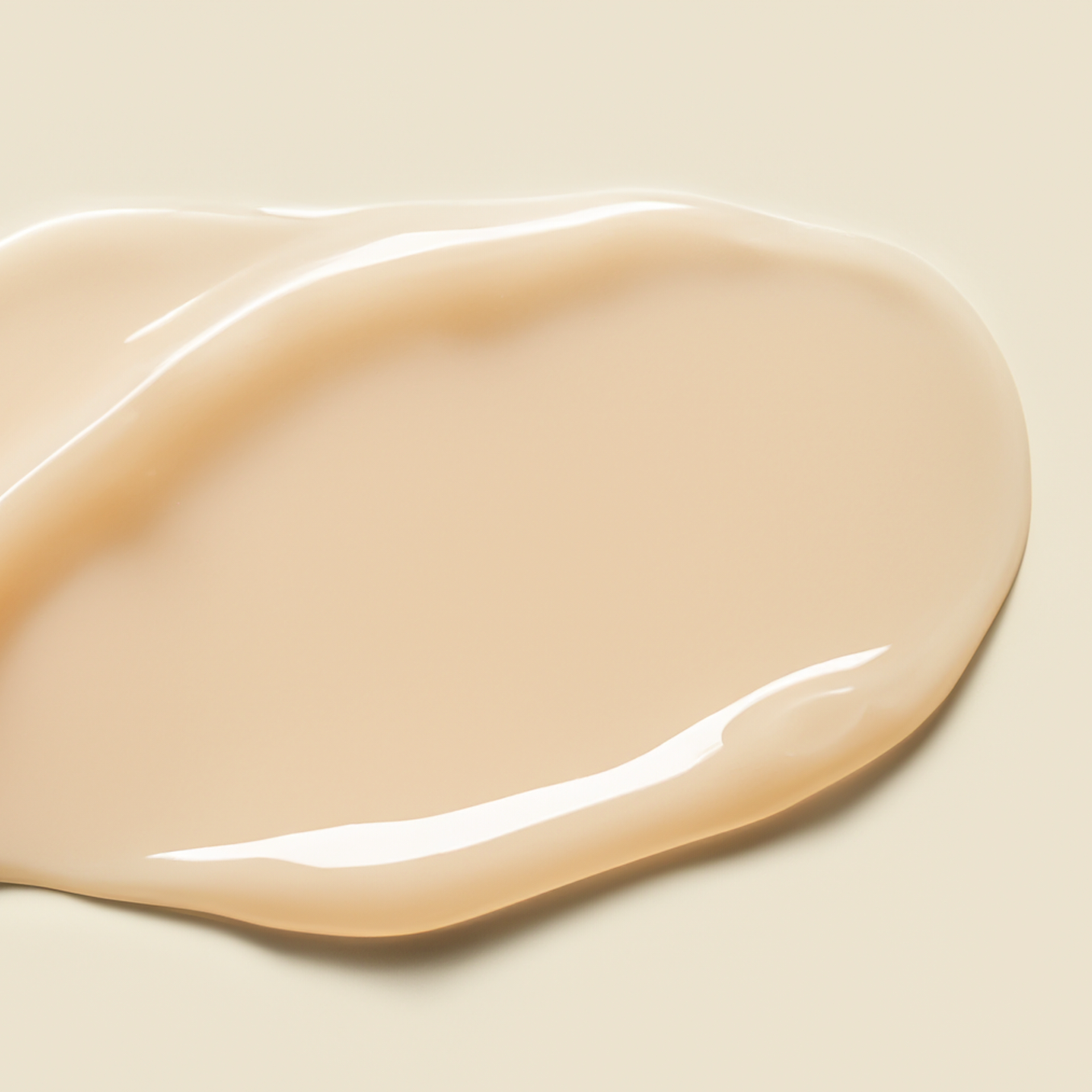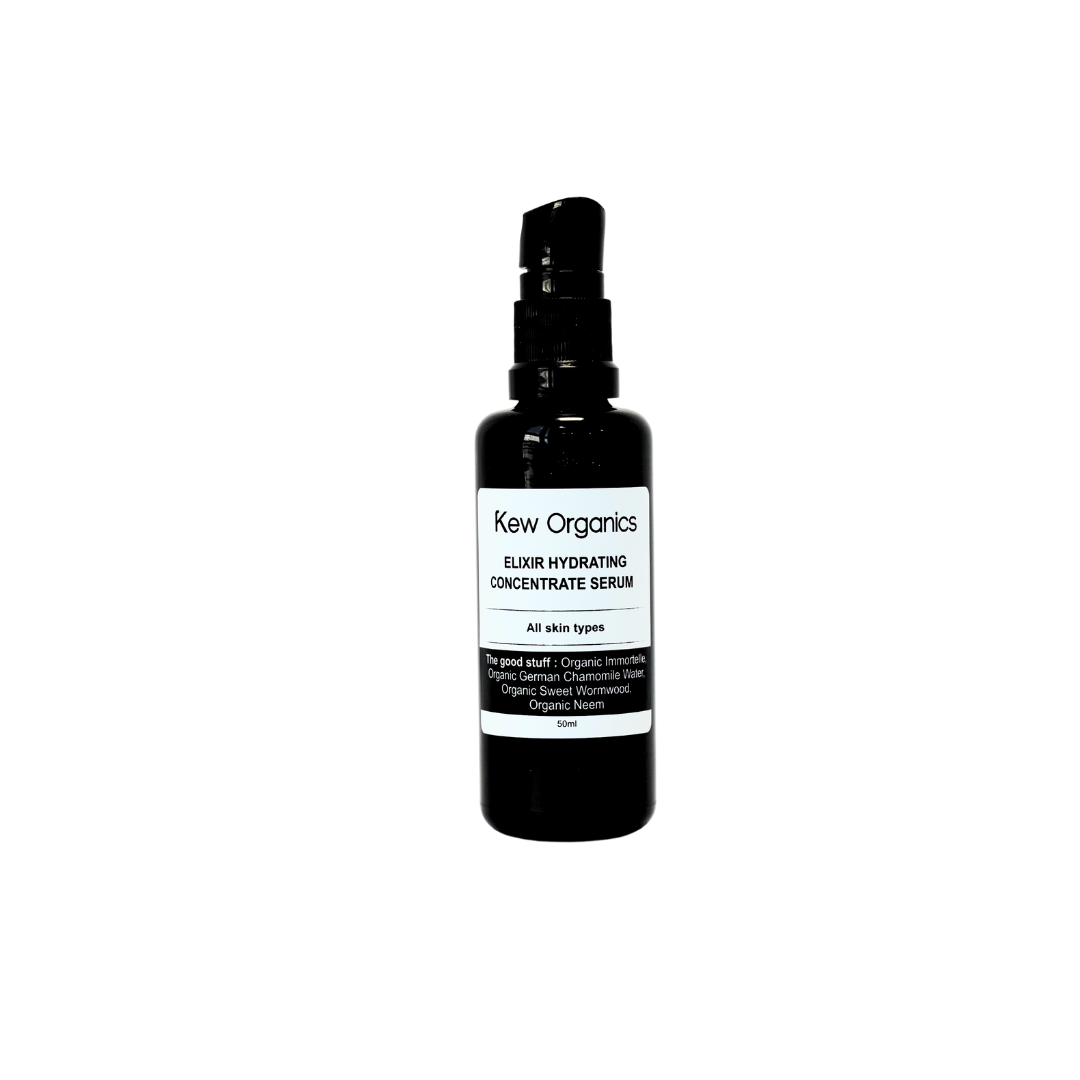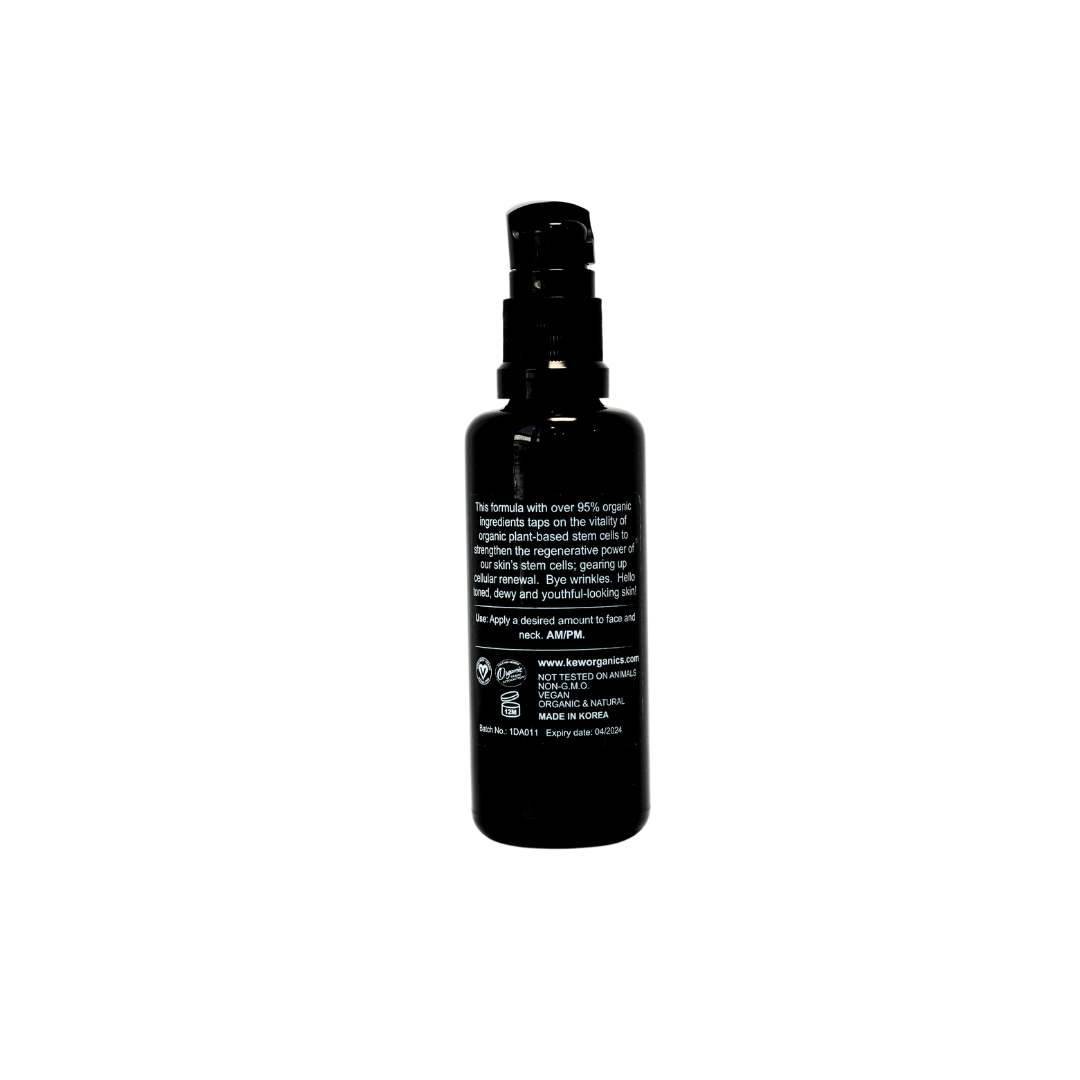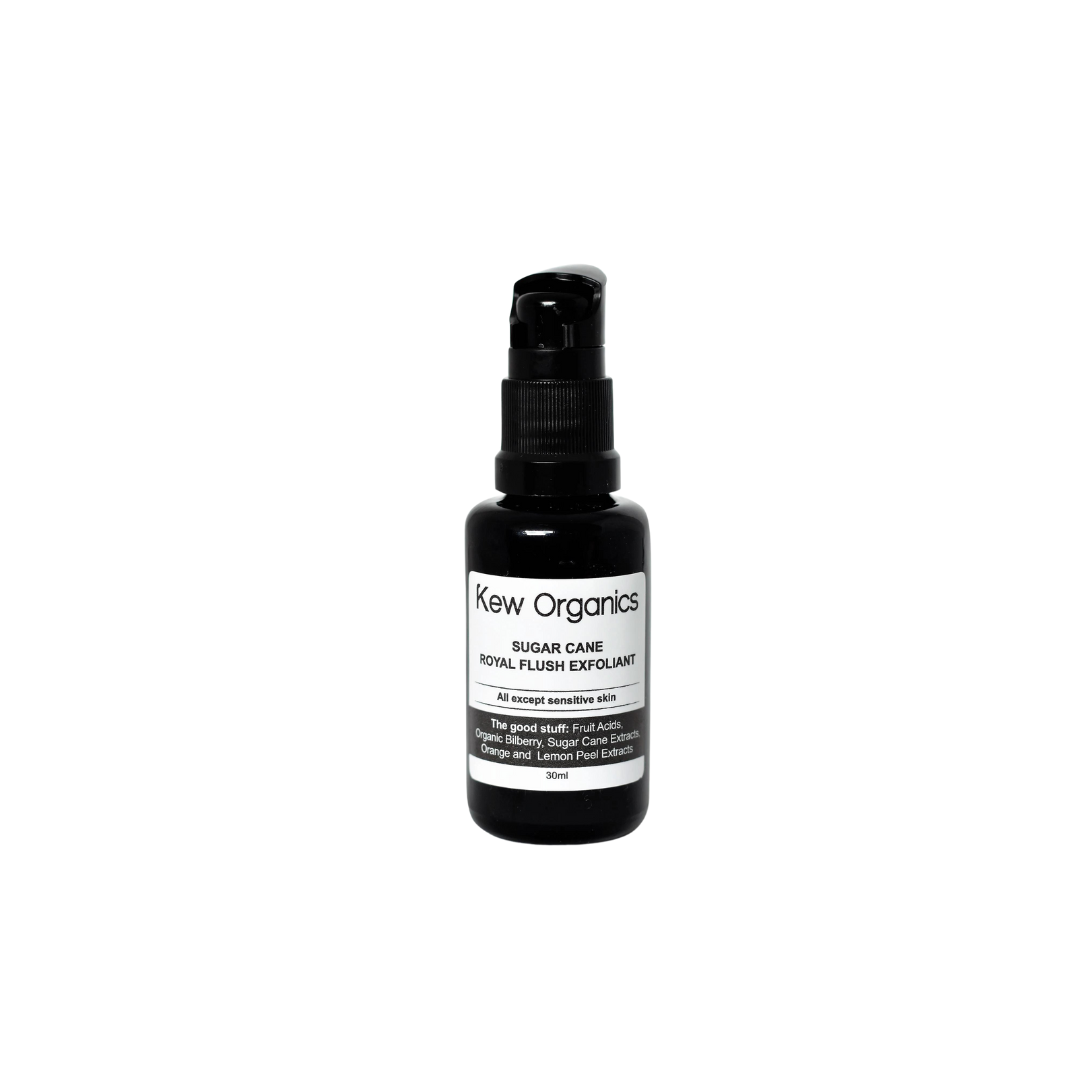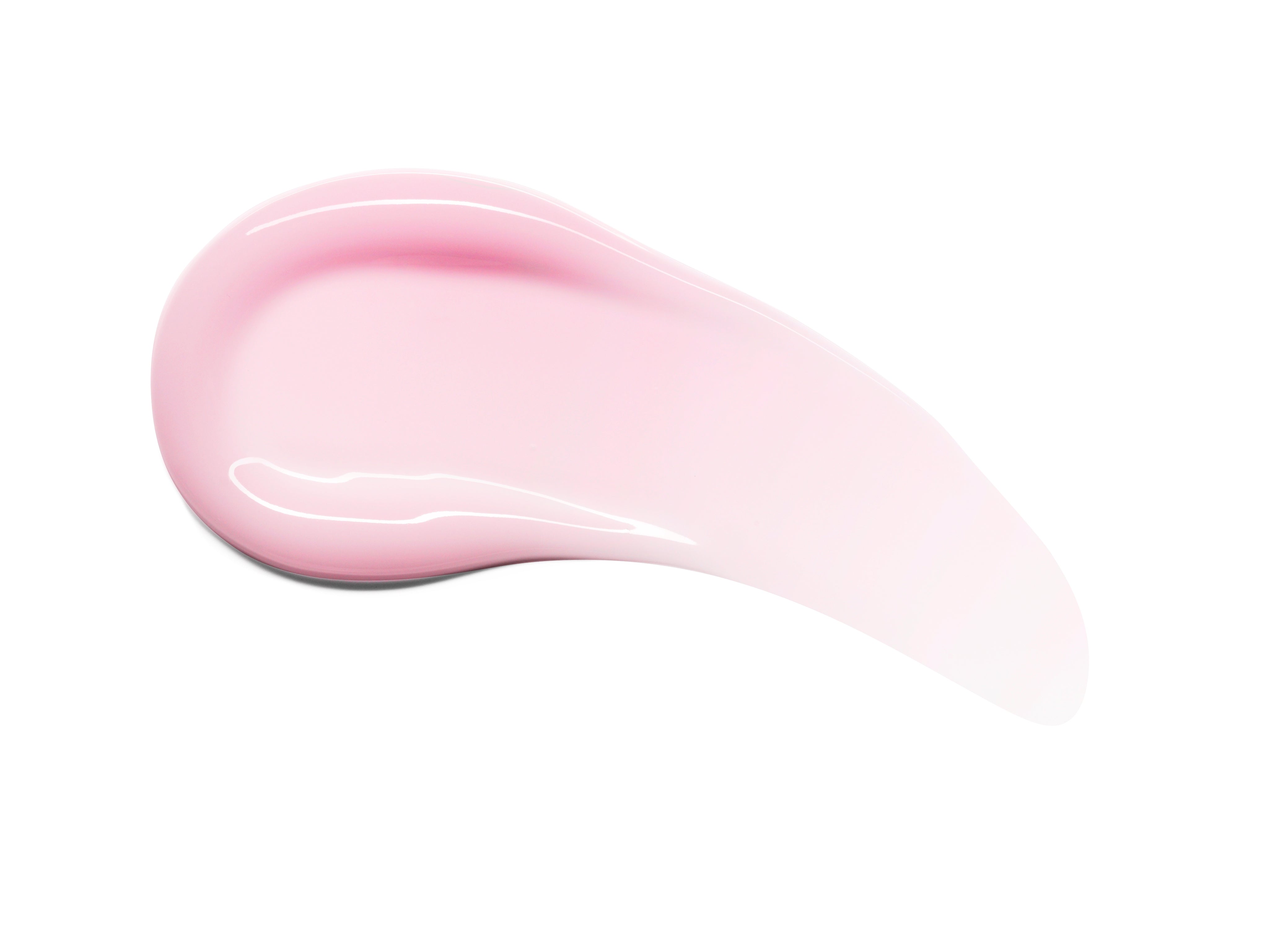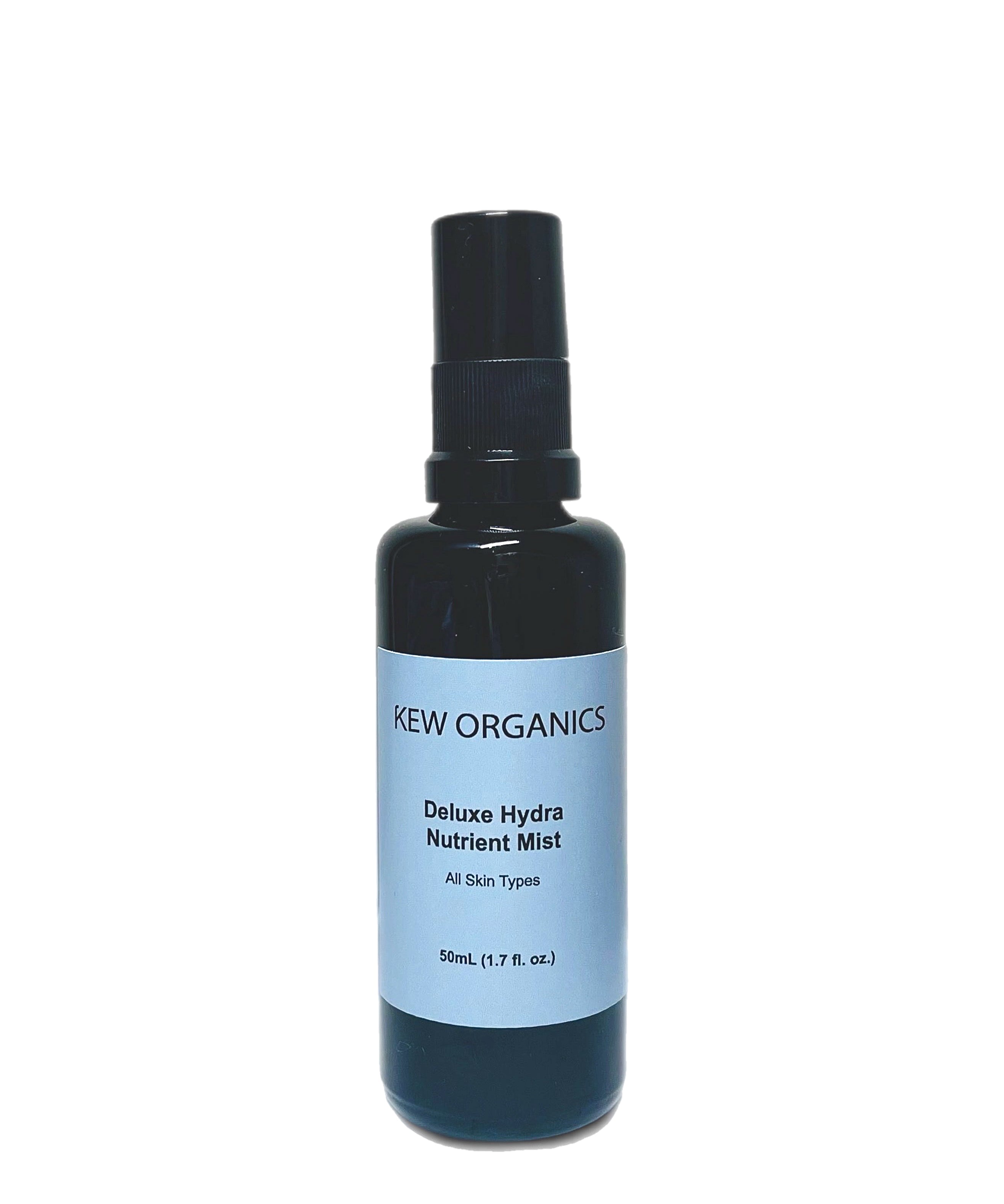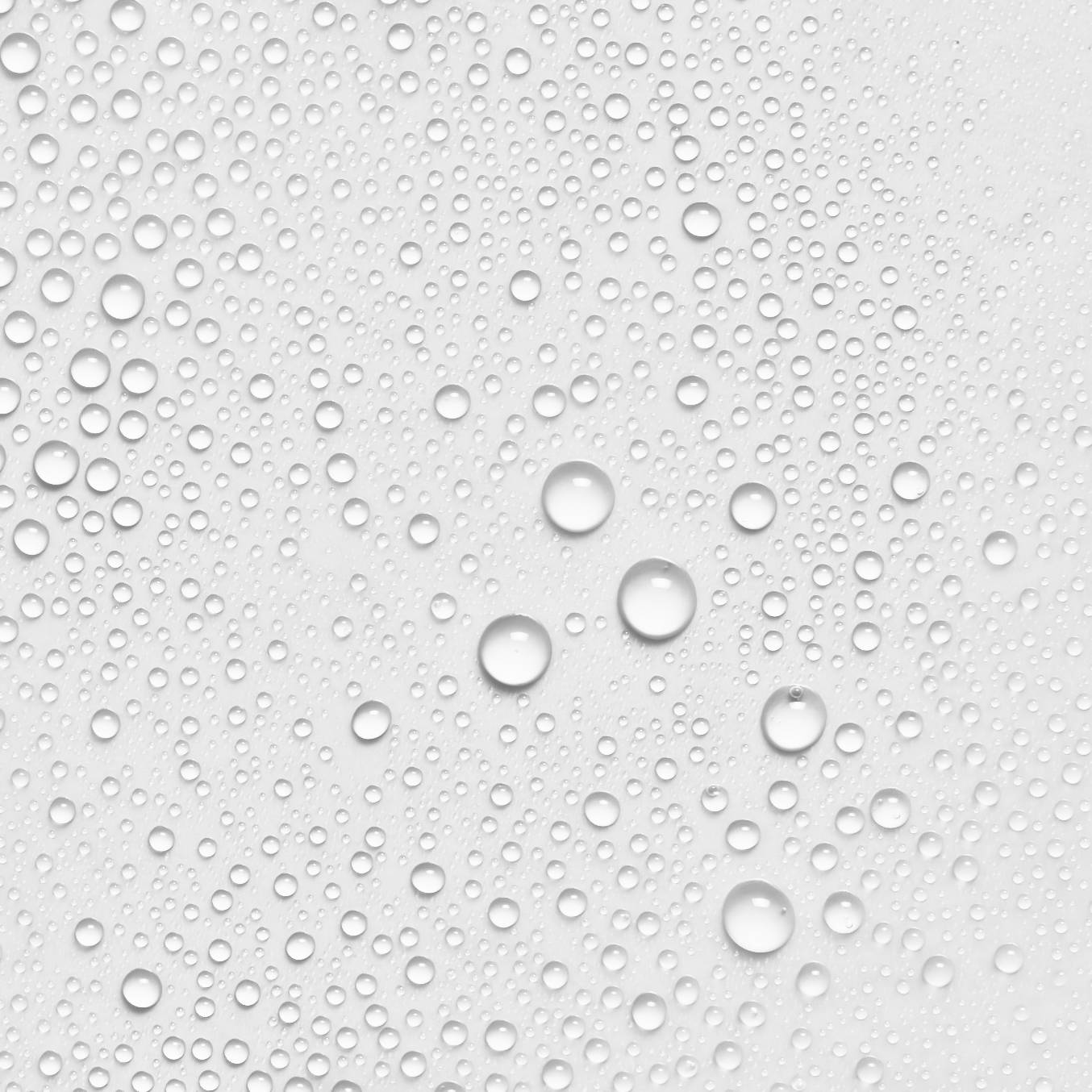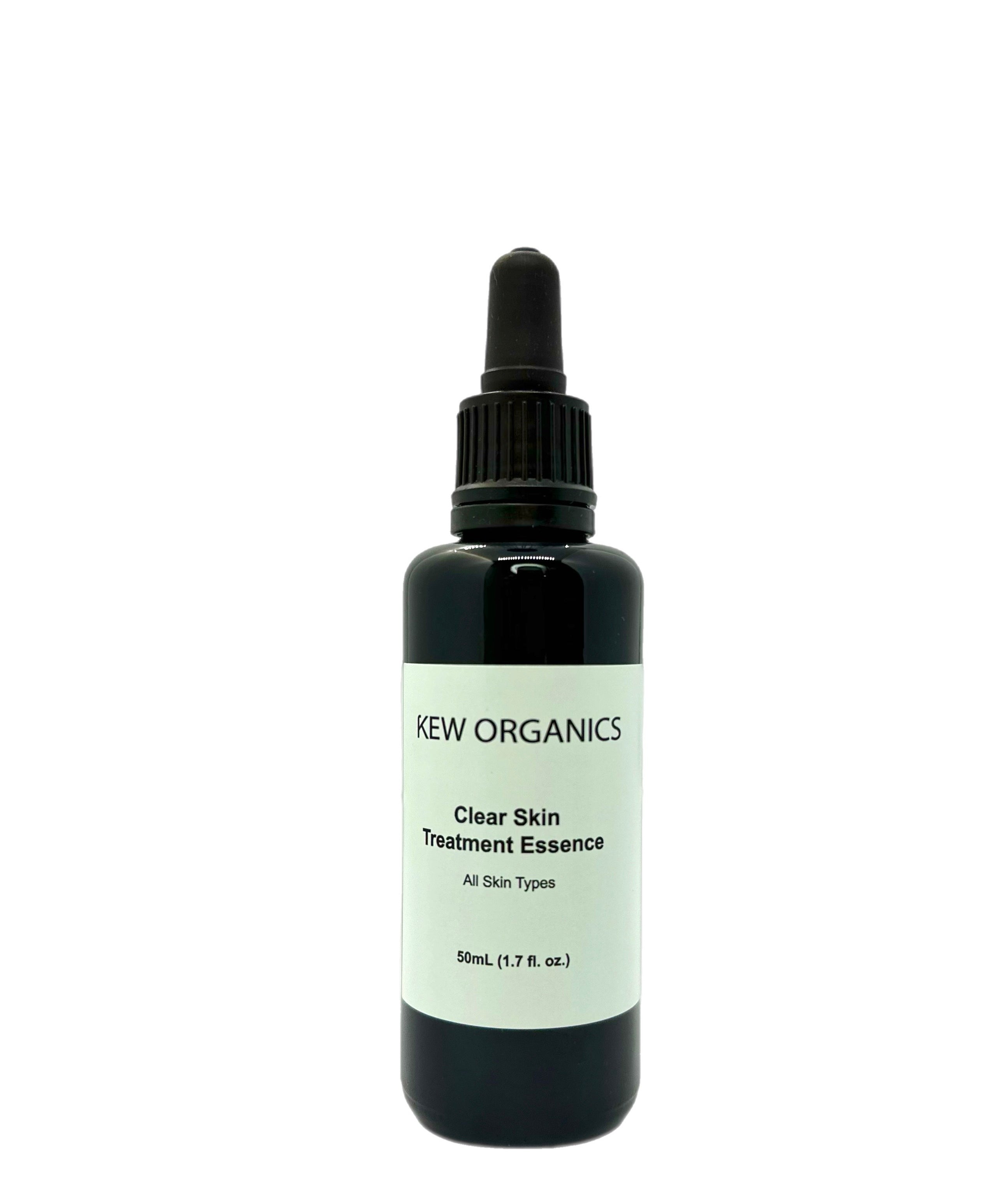Selfies & Filters - How Social Media Filters Fuel Mental Health Struggles
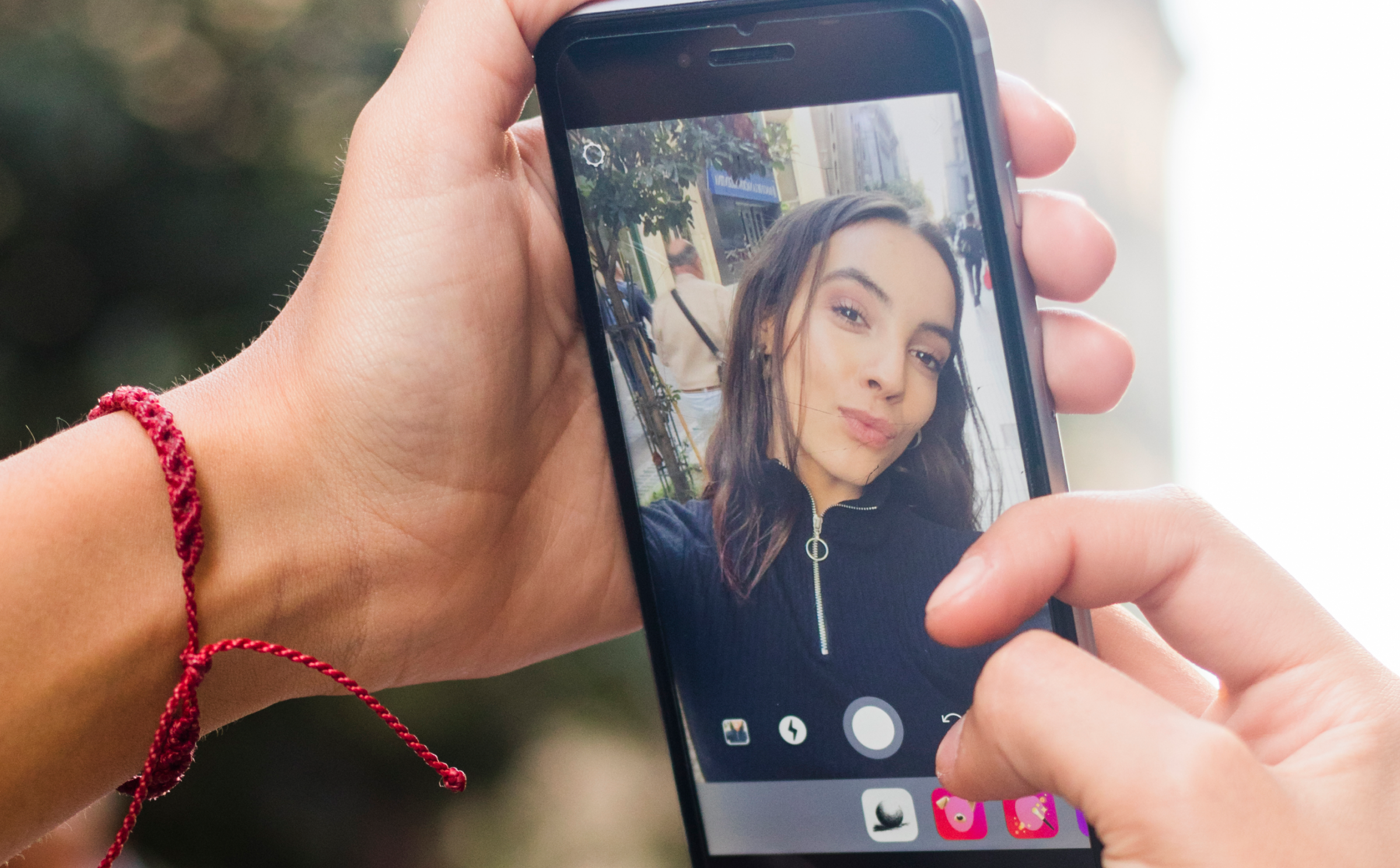
Ever snapped a photo and thought – no, that doesn’t look quite right. And then you proceed to take dozens more, trying to capture that elusive perfection, but something always just seems…off. Frustrated, you turn to your favourite social media app and snap a picture there. Ahh, much better. Your pores? Gone. Your jawline? Trimmed. Your nose? Smaller.
You’re not the only one.
A 2021 study by City University of London researchers explored the effects of filters on mental health. Of the 175 participants in the study who are all between the ages of 18 and 30, 90 percent of the young women reported using filters or editing their photos before sharing their photos on social media.
When asked what type of filters they used the most, participants said the most common filters were those used to even out skin tone, brighten skin, whiten teeth and bronze skin.

There is an undeniable pressure to look a certain way. This pressure might be self-imposed or, more likely, a consequence of constantly seeing "flawless" images of celebrities and peers flooding social media feeds. Yet, young women are not only comparing their appearance to perfect images of celebrities and peers but also judging themselves against their own filtered selfies.
Experts highlight a correlation between social media filters and lower self-esteem, self-confidence and higher cases of body dysmorphia. This is a mental health condition where a person spends a lot of time worrying about flaws in their appearance. These flaws are often unnoticeable to others.
The collision of comparison syndrome, body dysmorphia and social media have created a “filter dysmorphia,” also referred to as “Snapchat dysmorphia”. People who often use social media filters or edit their photos may experience a sense of disconnection between how they really look and the edited images they share with the world. This fixation sometimes leads individuals on an unattainable quest to look like their filtered self, contributing to increases in dysmorphia, and in some cases, to consider cosmetic surgery to match their digitally altered selves.
So, how can we counter the plummeting self-esteem and escape the negativity fostered by these filters?

1. Awareness
Awareness is the first step. Remind yourself consciously and consistently that these perfected images are not real. What you see is often heavily filtered and edited, presenting an unrealistic version of reality. By recognizing the early signs of comparison or negative self-perception, you can then proactively disconnect and ground yourself offline.
2. Curation
No, you don’t have to keep following that perfect-looking influencer who’s always jetting off from one exotic destination to another, nor do you have to follow that friend who’s constantly parading around her luxury collection. When such content serves no purpose other than to encourage an unhealthy comparison between yourself and them, it’s perfectly okay to unfollow or hide the postings from such accounts. Rather, follow accounts that share diverse and genuine experiences to curate a social feed that fosters positivity, inspiration and self-compassion.
3. Disconnection
Social media connects us to the world. But here’s the irony: excessive use can disconnect us from our real-life moments. We get a dopamine hit every time we scroll Instagram / Tiktok and get a “like''. Because it feels so good, we keep doing it; we keep scrolling even when we’re out for a meal with friends, we keep scrolling even when we’re on holiday with family.
We encourage you to put away your phone and ground yourself. Set designated periods for phone-free activities or self-care rituals like a relaxing facial experience to recenter yourself and prioritise mental well-being. Be fully present in everything that you do.
References:
Body dysmorphic disorder (BDD) (no date) NHS choices. Available at: https://www.nhs.uk/mental-health/conditions/body-dysmorphia/#:~:text=Body%20dysmorphic%20disorder%20(BDD)%2C,in%20teenagers%20and%20young%20adults (Accessed: 07 December 2023).
(No date) Changing the perfect picture - city, University of London. Available at: https://www.city.ac.uk/__data/assets/pdf_file/0005/597209/Parliament-Report-web.pdf (Accessed: 07 December 2023).
Tiggemann, M., Anderberg, I. and Brown, Z. (2020) ‘Uploading your best self: Selfie editing and body dissatisfaction’, Body Image, 33, pp. 175–182. doi:10.1016/j.bodyim.2020.03.002.
Yang, J. et al. (2020) ‘Selfie-viewing and facial dissatisfaction among emerging adults: A moderated mediation model of appearance comparisons and self-objectification’, International Journal of Environmental Research and Public Health, 17(2), p. 672. doi:10.3390/ijerph17020672.


